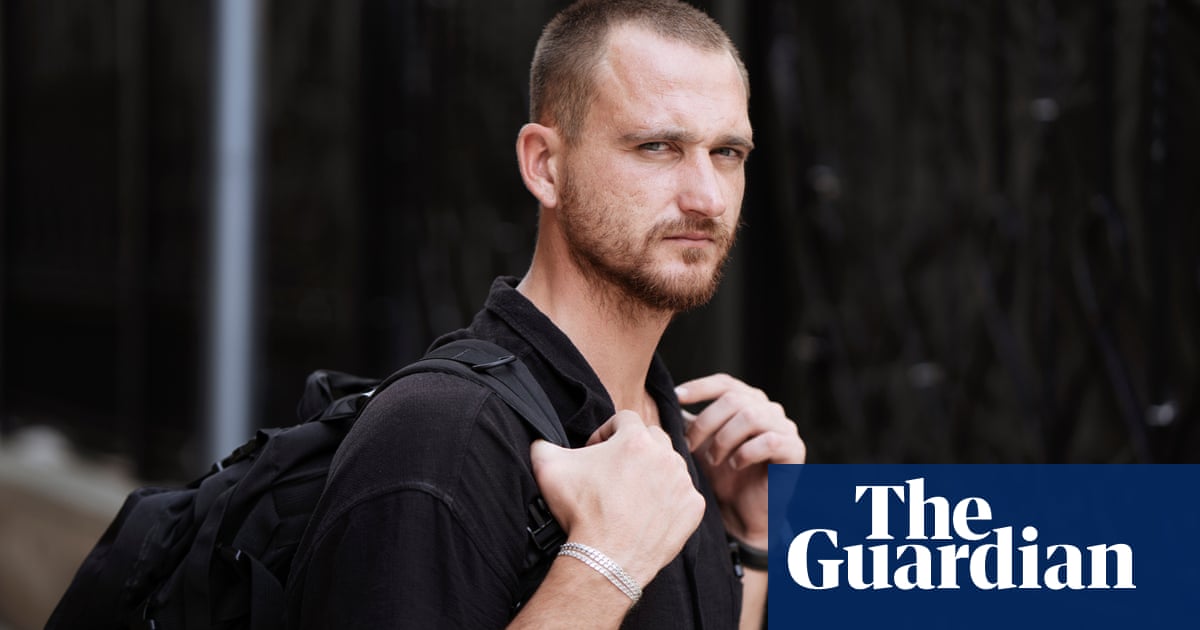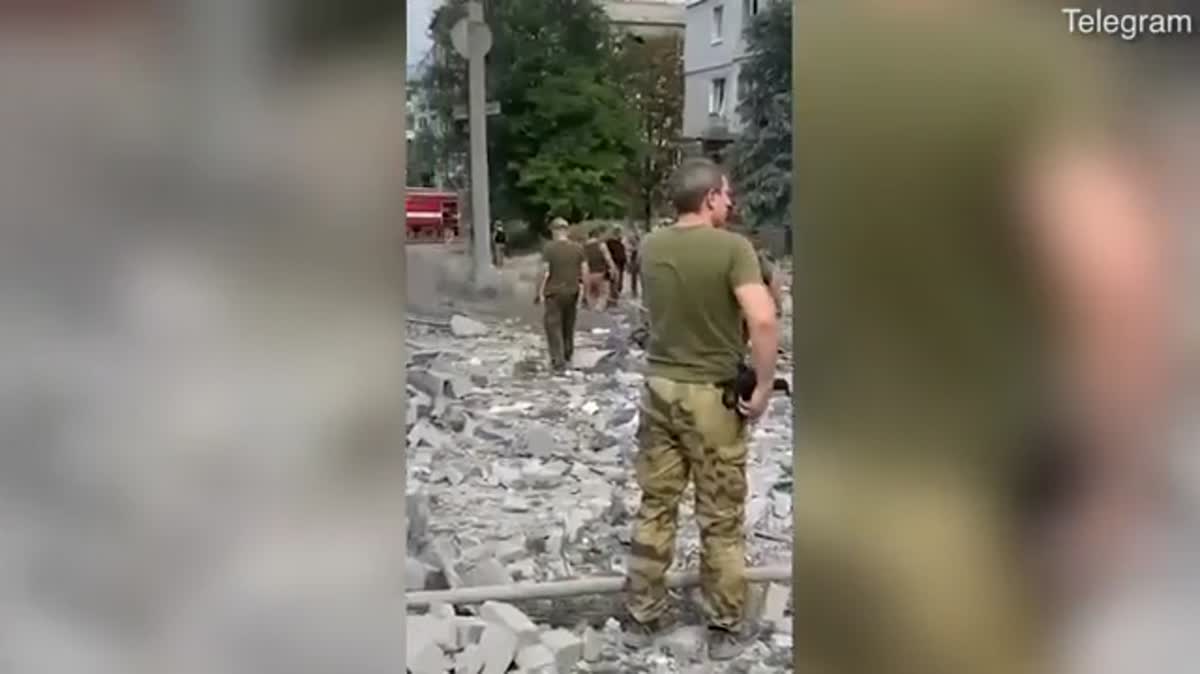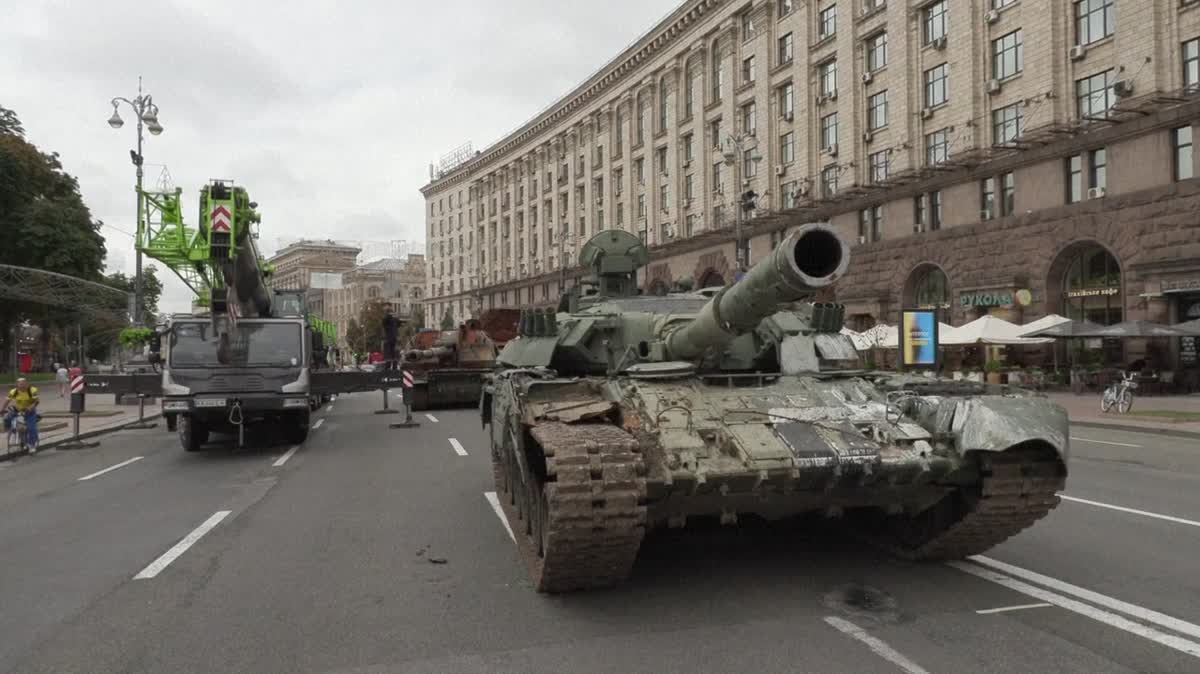Pavel Filatyev knew the consequences of what he was saying. The ex-paratrooper understood he was risking prison, that he would be called a traitor and would be shunned by his former comrades-in-arms. His own mother had urged him to flee
Russia while he still could. He said it anyway.
“I don’t see justice in this war. I don’t see truth here,” he said over a tucked-away cafe table in the Moscow financial district. It was his first time sitting down in person with a journalist since returning from the war in
Ukraine.
“I am not afraid to fight in war. But I need to feel justice, to understand that what I’m doing is right. And I believe that this is all failing not only because the government has stolen everything, but because we, Russians, don’t feel that what we are doing is right.”
Two weeks ago, Filatyev went on to his VKontakte social media page and published a 141-page bombshell: a day-by-day description of how his paratrooper unit was sent to mainland Ukraine from Crimea, entered Kherson and captured the seaport, and dug in under heavy artillery fire for more than a month near Mykolaiv – and then how he eventually was wounded and evacuated from the conflict with an eye infection.
By then, he was convinced he had to expose the rot at the core of the Russian invasion of Ukraine. “We were sitting under artillery fire by Mykolaiv,” he said. “At that point I already thought that we’re just out here doing bullshit, what the fuck do we need this war for? And I really had this thought: ‘God, if I survive, then I’ll do everything that I can to stop this.’”
He spent 45 days writing his memoirs from the conflict, breaking an omerta under which even the word war has been banished in public. “I simply can’t stay quiet any longer, even though I know that I probably won’t change anything, and maybe I’ve acted foolishly to get myself in so much trouble,” says Filatyev, his fingers shaking from stress as he lit another cigarette.
His memoir, ZOV, is named for the tactical markings painted on Russian army vehicles that have been adopted as a pro-war symbol in Russia. Until now, there has been no more detailed, voluntary account from a Russian soldier participating in the invasion of Ukraine. Extracts were published in Russia’s independent press, while Filatyev appeared via video for a televised interview on TV Rain.
“It’s very important that someone became the first to speak out,” said Vladimir Osechkin, the head of the human rights network Gulagu.net, who helped Filatyev leave Russia earlier this week. That also made Filatyev the first soldier known to have fled Russia due to opposition to the war. “And it’s opening a Pandora’s box.”

www.rferl.org



